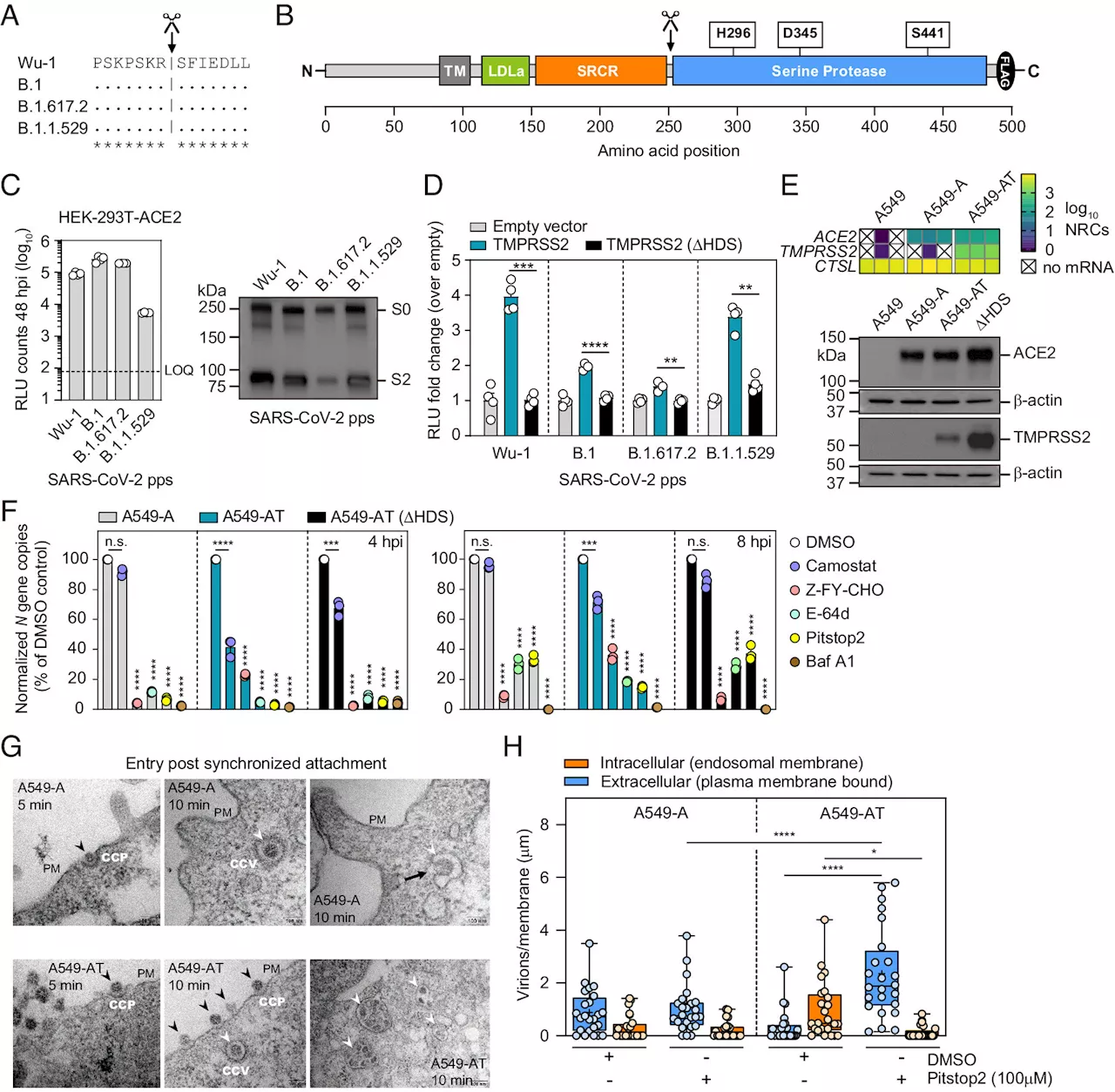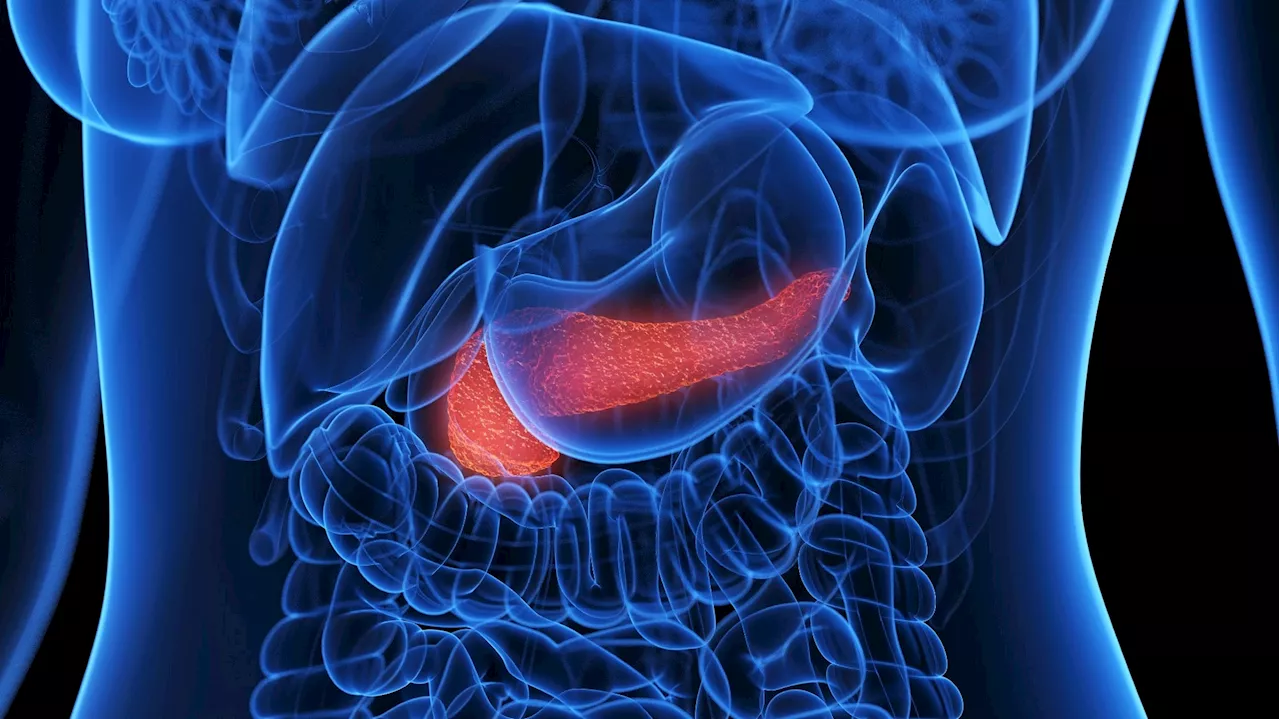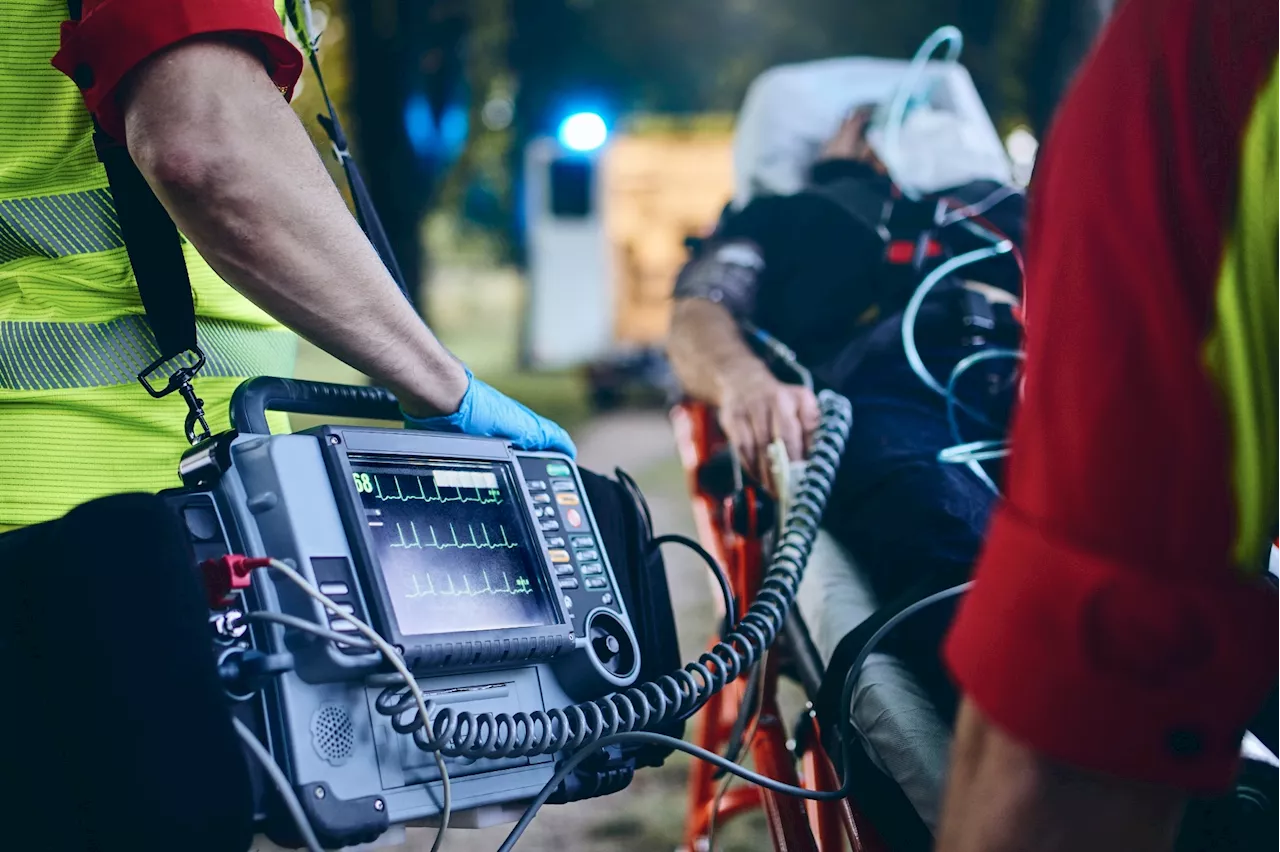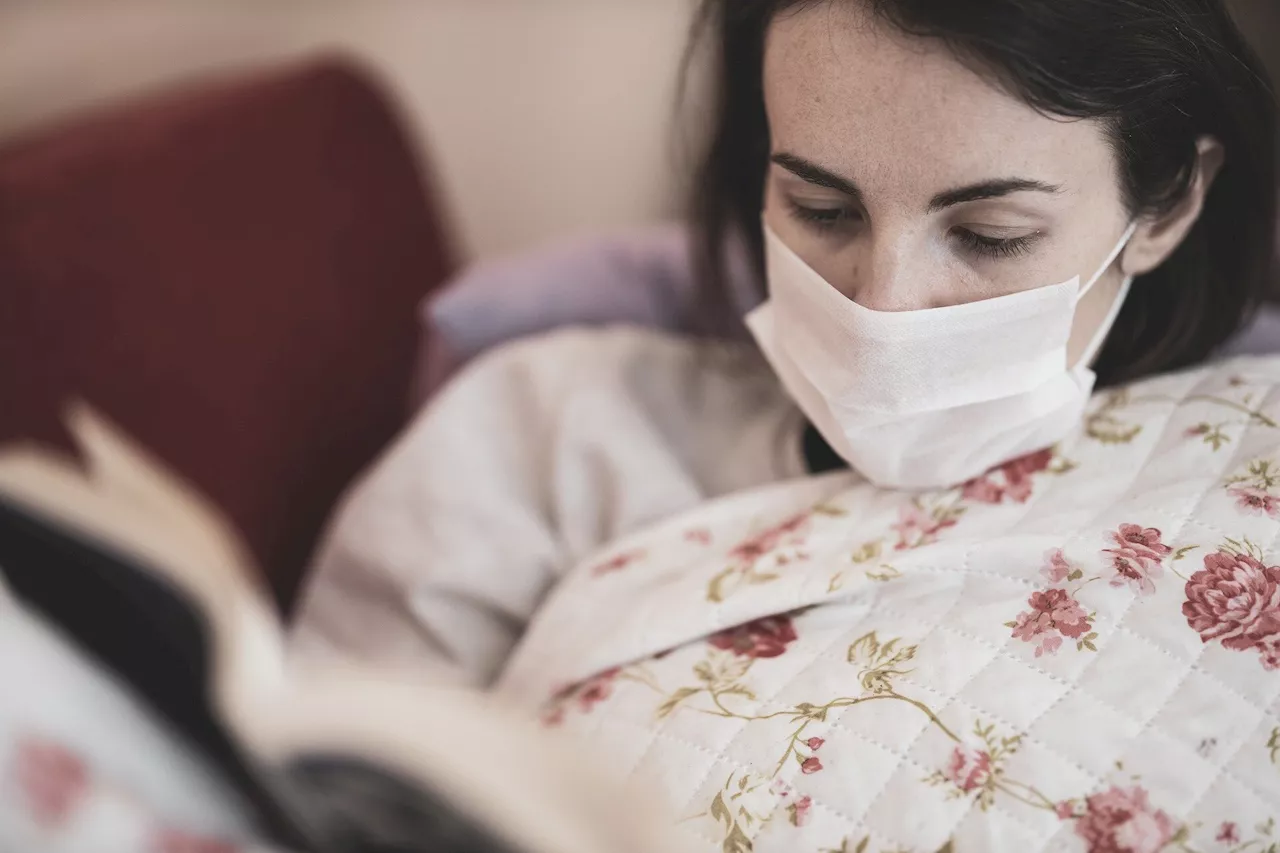Early in the pandemic, many people who had SARS-CoV-2 infection or COVID-19 began to report that they couldn't shake off their symptoms even after a month or more—unusually long for a viral infection of the upper respiratory tract—or developed new, persistent symptoms soon after the infection cleared.
Study sheds light on factors that may predispose some COVID patients to recover more slowly retrieved 17 June 2024 from https://medicalxpress.com/news/2024-06-factors-predispose-covid-patients-recover.html
This document is subject to copyright. Apart from any fair dealing for the purpose of private study or research, no part may be reproduced without the written permission. The content is provided for information purposes only.Jun 15, 2024Use this form if you have come across a typo, inaccuracy or would like to send an edit request for the content on this page. For general inquiries, please use ourThank you for taking time to provide your feedback to the editors.
Your feedback is important to us. However, we do not guarantee individual replies due to the high volume of messages.to let the recipient know who sent the email. Neither your address nor the recipient's address will be used for any other purpose. The information you enter will appear in your e-mail message and is not retained by Medical Xpress in any form.Get weekly and/or daily updates delivered to your inbox.
Medicine Research Health Research News Health Research Health Science Medicine Science
United States Latest News, United States Headlines
Similar News:You can also read news stories similar to this one that we have collected from other news sources.
 Study shows enforced masking on long flights prevents SARS-CoV-2 transmissionA recent study reveals that longer flights without enforced masking significantly increase the risk of SARS-CoV-2 transmission, while enforced masking on long-haul flights effectively prevents in-flight transmission. The findings underscore the importance of mask enforcement in reducing COVID-19 spread on aircraft.
Study shows enforced masking on long flights prevents SARS-CoV-2 transmissionA recent study reveals that longer flights without enforced masking significantly increase the risk of SARS-CoV-2 transmission, while enforced masking on long-haul flights effectively prevents in-flight transmission. The findings underscore the importance of mask enforcement in reducing COVID-19 spread on aircraft.
Read more »
 Study: The route into the cell influences the outcome of SARS-CoV-2 infectionHow exactly do SARS-CoV-2 particles enter host cells? An international team led by Dr. Richard Brown from Dr. Daniel Todt's Computational Virology group at the Department of Molecular and Medical Virology at Ruhr University Bochum, Germany, together with researchers from the Paul-Ehrlich-Institut, has investigated this question.
Study: The route into the cell influences the outcome of SARS-CoV-2 infectionHow exactly do SARS-CoV-2 particles enter host cells? An international team led by Dr. Richard Brown from Dr. Daniel Todt's Computational Virology group at the Department of Molecular and Medical Virology at Ruhr University Bochum, Germany, together with researchers from the Paul-Ehrlich-Institut, has investigated this question.
Read more »
 New study identifies key protein biomarkers for early detection of pancreatic cancerStudy used a Mendelian randomization approach to identify REG1A and REG1B as potential biomarkers for early detection of pancreatic cancer, showing their causal effects and significance in cancer screening.
New study identifies key protein biomarkers for early detection of pancreatic cancerStudy used a Mendelian randomization approach to identify REG1A and REG1B as potential biomarkers for early detection of pancreatic cancer, showing their causal effects and significance in cancer screening.
Read more »
 Early blood pressure control in ambulances shows no clear benefit for stroke patients, study findsStudy published in the New England Journal of Medicine evaluated the impact of early blood-pressure control in ambulances for acute stroke patients, finding no significant improvement in clinical outcomes compared to standard care.
Early blood pressure control in ambulances shows no clear benefit for stroke patients, study findsStudy published in the New England Journal of Medicine evaluated the impact of early blood-pressure control in ambulances for acute stroke patients, finding no significant improvement in clinical outcomes compared to standard care.
Read more »
 Eating more potatoes may lower your risk of heart disease and early death, study findsA Norwegian study found that higher potato consumption moderately reduces the risk of all-cause and cardiovascular disease mortality in adults.
Eating more potatoes may lower your risk of heart disease and early death, study findsA Norwegian study found that higher potato consumption moderately reduces the risk of all-cause and cardiovascular disease mortality in adults.
Read more »
 New study shows heat waves increase risk of preterm, early-term birthThe increased frequency and intensity of heat waves due to climate change puts women at a higher risk of experiencing preterm and early-term labor—jeopardizing the health and well-being of their babies.
New study shows heat waves increase risk of preterm, early-term birthThe increased frequency and intensity of heat waves due to climate change puts women at a higher risk of experiencing preterm and early-term labor—jeopardizing the health and well-being of their babies.
Read more »
